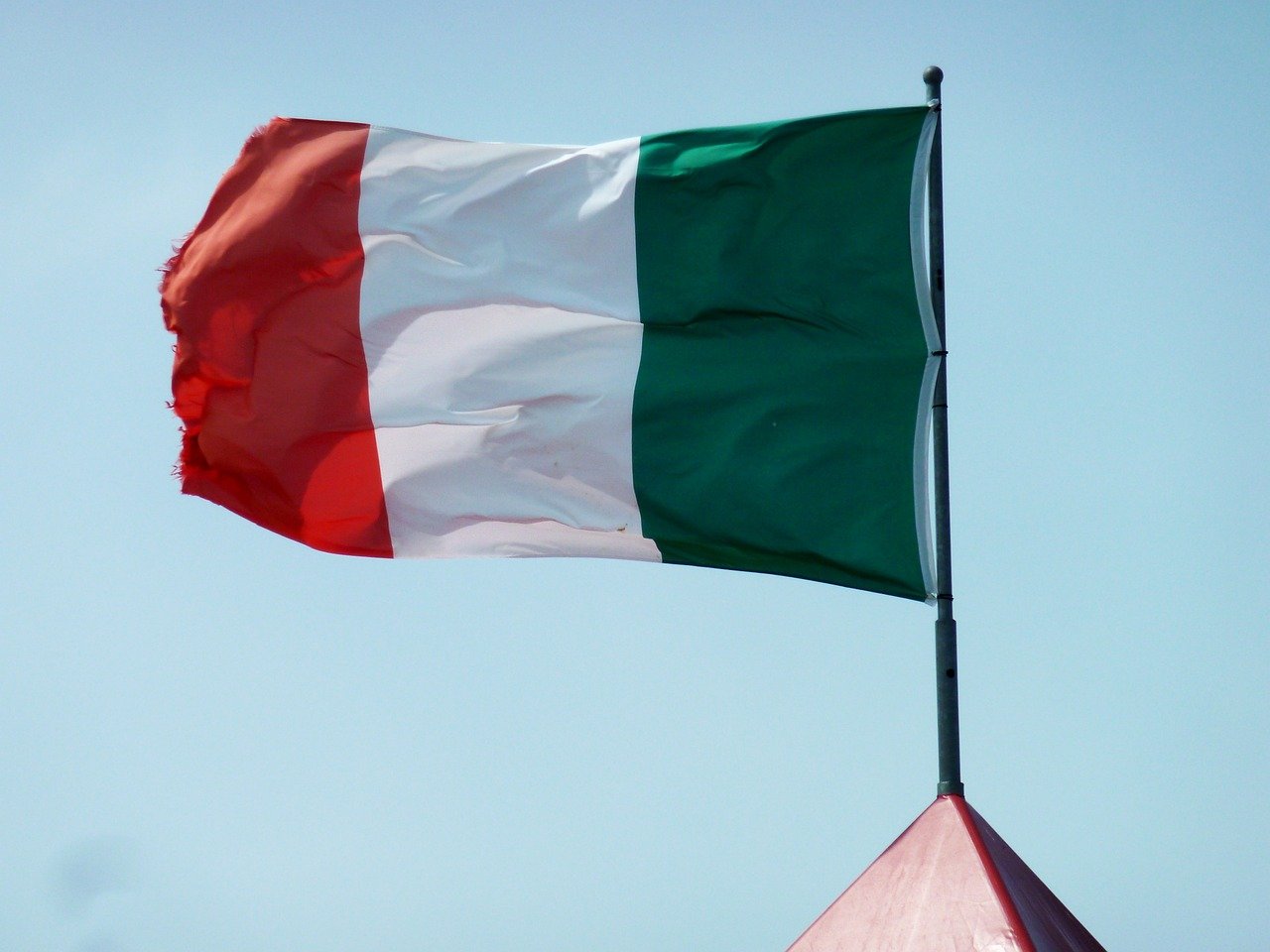- Italy’s release of Libyan official Osama Najim, accused of war crimes, has sparked global outrage.
- The International Criminal Court (ICC) has expressed disappointment and issued another arrest warrant for Najim.
- Italian opposition parties and NGOs demand accountability for the decision, emphasizing Italy’s obligation as an ICC signatory.
- The incident underscores the complexities of international law, human rights, and national interests, highlighting the need for adherence to international treaties.
The international community is in uproar following Italy’s recent release of Osama Najim, the head of Libya’s judicial police. Najim, also known as Almasri, was arrested on an International Criminal Court (ICC) warrant over allegations of war crimes and crimes against humanity. He is also the director of a notorious detention center in Mitiga, near Tripoli, a site Amnesty International has reported as the scene of horrific violations committed with total impunity.
Najim’s release was due to a legal technicality, according to Italian media sources. The ICC has expressed its disappointment, stating that Najim was released without prior notice or consultation with the Court. In response, the ICC has issued another arrest warrant for him. Najim was initially arrested in Turin, where he had attended a Juventus-Milan football match. Following his release, he was flown back to Libya on an Italian government flight. Images shared by local media showed a jubilant crowd welcoming him back with cheers and fireworks.
The Outrage and Demand for Accountability
The release of Najim has sparked outrage among Italian opposition parties and NGOs. Matteo Renzi, former prime minister and leader of a centrist opposition party, has demanded that justice minister Carlo Nordio account for his decision before MPs. Arturo Scotto of the Democratic Party (PD) has described Najim as a Libyan mafia boss and has emphasized that Italy, as an ICC signatory, must adhere to international treaties.
Libyan writer and journalist Khalil Elhassi has called on Italy to explain to the Libyan people why it released an extremely dangerous criminal known for participating in the torture of Libyans and migrants. Two NGOs who work with migrants – Mediterranea Saving Humans and Refugees in Libya – have expressed their shock at the news of Najim’s release. They have stated that any crime committed on detainees will fall on the conscience of those who protected and freed a criminal like Najim.
The Larger Context and International Implications
According to Amnesty International, Najim has headed the Judicial Police wing of the Mitiga prison since 2016 and, from 2021, oversaw various other prisons as director of the Reform and Rehabilitation Institution of the Libyan Judicial Police. Libya has been divided since the overthrow of Muammar Gaddafi in 2011, with two rival governments and various militias vying for control.
The Italian government, led by Prime Minister Giorgia Meloni, has been criticized for its handling of the situation. Meloni has made frequent trips to Libya and signed agreements with Tripoli. In October, she stated that the two countries were bound by deep cooperation and were working together to fight illegal immigration. However, the Italian government’s actions have been called into question, as it has been providing financial and technical support to Libyan authorities and militias for years under controversial agreements to tackle illegal immigration.
The release of Najim is not an isolated incident. It is part of a larger pattern of countries grappling with the complexities of international law, human rights, and national interests. For instance, Australia has been found to have violated a human rights treaty by detaining a group of asylum seekers on the remote Pacific island of Nauru, even after they were granted refugee status. Similarly, a Japanese filmmaker sentenced to 10 years in jail in Myanmar has backed calls for the release of Aung San Suu Kyi, who was arrested by the military junta running the country.

